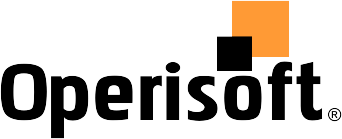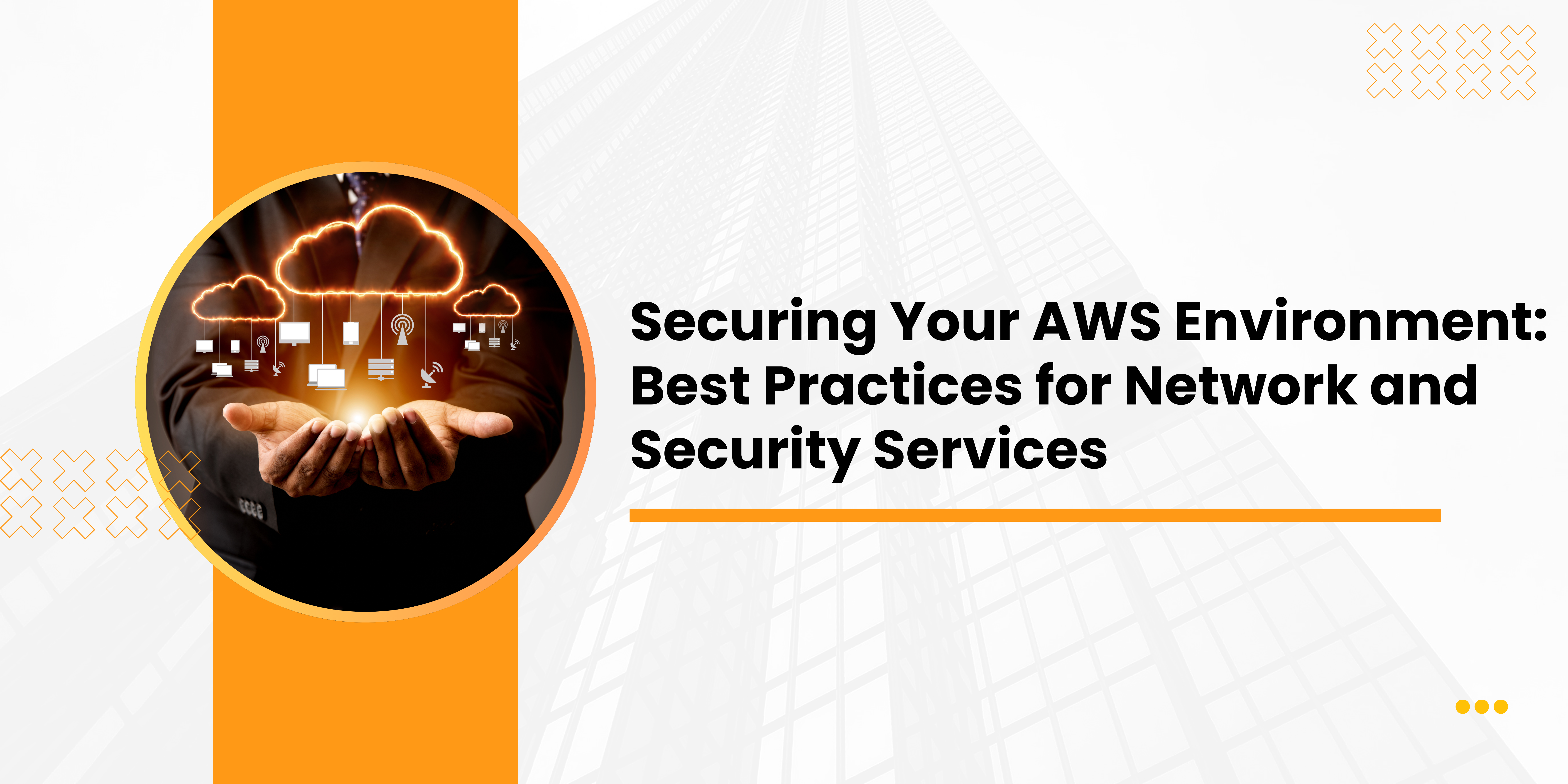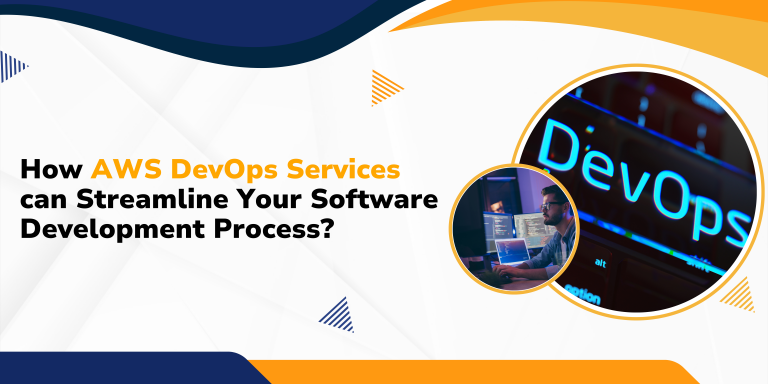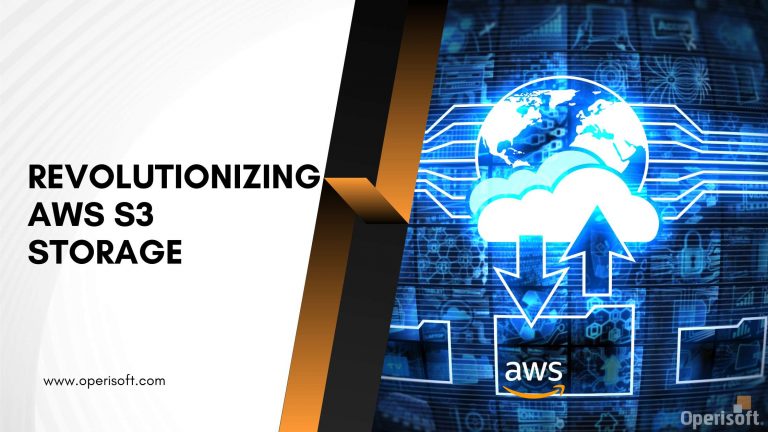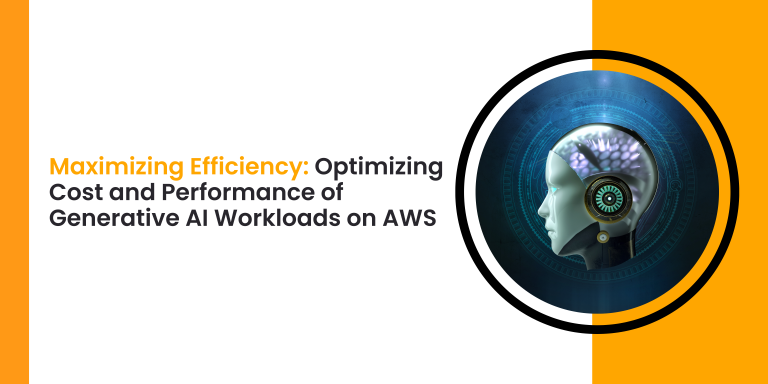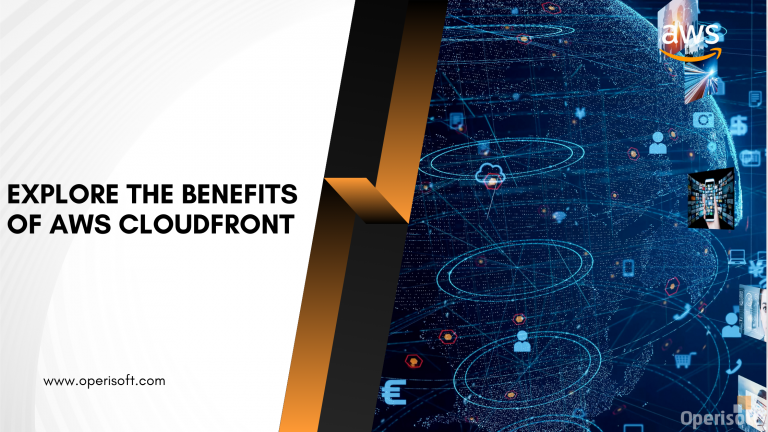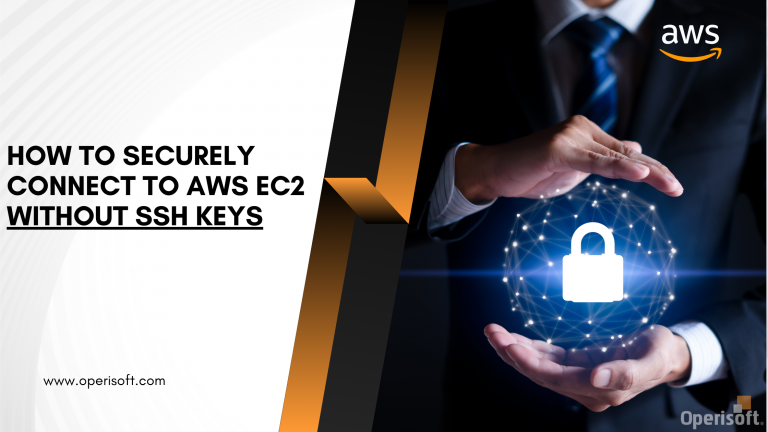Introduction
In a world where data breaches and cyber threats are making headlines daily, securing your AWS environment has never been more critical. Whether you’re running a small business or managing an enterprise, your cloud infrastructure holds valuable assets that cybercriminals are eager to exploit. The question isn’t if you need to secure your AWS environment, but how well you’re doing it. With the right strategies and tools, you can turn your AWS setup into a fortress of protection, keeping sensitive data and applications safe from the ever-growing list of security threats.
This blog provides insights into securing cloud infrastructures using AWS cloud security services, addressing how to leverage AWS security best practices and AWS cloud security best practices to maintain the integrity and security of your data.
Market Trends and Demand
Cloud adoption is growing rapidly, with AWS leading the market, holding 32% of global cloud infrastructure share in 2024. As businesses migrate to the cloud, security has become a top concern. According to Gartner, by 2025, 99% of cloud security failures will be due to customer errors, like misconfigurations or weak security controls.
Regulated industries such as finance, healthcare, and e-commerce are particularly focused on cloud security to comply with regulations like GDPR, HIPAA, and PCI DSS. The financial sector alone is expected to spend over $10 billion annually on cloud security by 2026, driven by the need to protect sensitive data and stay compliant.
Pain Points and Business Opportunities
While cloud computing offers many benefits, businesses face challenges in securing their environments:
- Misconfigurations: About 70% of cloud security incidents are caused by misconfigured settings, making systems vulnerable to unauthorized access.
- Visibility: Many organizations lack full visibility into their cloud environments, making it harder to detect and respond to security threats.
- Compliance: Complex regulatory requirements can be difficult to navigate, and 30% of organizations fail audits due to weak security controls.
These challenges create opportunities for solutions like managed security services that offer monitoring, compliance support, and automated threat detection.
Solution Overview
AWS provides a range of security and network tools to help businesses secure their cloud environments. Key AWS services include:
- IAM (Identity and Access Management): Manages user access, ensuring only authorized individuals can reach specific resources.
- Security Hub: Centralizes security alerts and offers a complete view of your security posture.
Network Firewall: Protects your network from unauthorized access and attacks.
- KMS (Key Management Service): Encrypts data to keep it safe both at rest and in transit.
- Shield & WAF (Web Application Firewall): Defends against DDoS attacks and web vulnerabilities.
- GuardDuty: Monitors for malicious activity using machine learning to detect threats in real-time.
- CloudTrail & CloudWatch: Tracks and logs all activities within your AWS environment, providing full visibility and alerts.
Feature List or Roadmap
- Access Control: IAM allows detailed control of user permissions, helping enforce security through least privilege and multi-factor authentication (MFA).
- Continuous Monitoring: GuardDuty, CloudWatch, and CloudTrail work together to monitor your environment 24/7 and alert you to potential threats.
- Automated Compliance: Security Hub and AWS Config automate compliance checks, making it easier to meet industry standards.
- Data Encryption: KMS ensures sensitive data is encrypted across all services.
- Scalability: AWS security services grow with your business, ensuring your cloud is protected as your needs expand.
Case Sectors with Solutions for Securing AWS Environments
1. Finance Sector
- Challenges: Handling sensitive financial data like transactions, customer information, and compliance with regulations like PCI DSS.
- Solution:
- AWS Identity and Access Management (IAM): Enforces strict user access controls and multi-factor authentication (MFA) to prevent unauthorized access.
- AWS Key Management Service (KMS): Encrypts sensitive data such as transaction records, ensuring protection both in transit and at rest.
- AWS Security Hub: Centralizes security alerts and ensures continuous compliance monitoring with industry standards like PCI DSS.
- AWS Config: Tracks configuration changes, ensuring financial data environments remain secure and compliant.
- Example: A bank uses AWS to store transaction data and customer financial information. AWS KMS encrypts all sensitive data, while AWS Config helps maintain PCI DSS compliance through automated checks and alerts.
2. Healthcare Sector
- Challenges: Compliance with strict regulations like HIPAA and safeguarding patient data from breaches.
- Solution:
- AWS Shield and WAF (Web Application Firewall): Protect against web-based attacks and ensure the availability of healthcare systems.
- Amazon GuardDuty: Detects malicious activity, such as attempts to access patient health records.
- AWS CloudTrail: Logs all access and changes to sensitive patient data, providing audit trails required for HIPAA compliance.
- AWS Key Management Service (KMS): Encrypts all protected health information (PHI), ensuring it remains secure both at rest and during transmission.
- Example: A hospital manages electronic health records (EHRs) on AWS. AWS Shield and WAF protect the system from external attacks, while CloudTrail ensures that all access to patient records is logged, providing a compliance trail for HIPAA.
Conclusion
Implementing AWS data security best practices and leveraging cloud security services AWS is essential for maintaining a secure, compliant, and scalable cloud environment. Whether you’re looking for cloud security consulting or aiming to enhance your infrastructure with Amazon AWS security best practices, focusing on proactive security strategies will help protect your business from emerging threats. By embracing AWS cloud security services and adhering to AWS security best practices, organizations can build a robust security framework that safeguards their data, ensuring both resilience and reliability in the cloud.
Take the first step toward securing your AWS environment. Contact us to learn how our cloud security solutions can help protect your business. Let’s create a safer cloud together!
